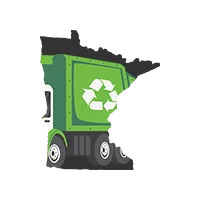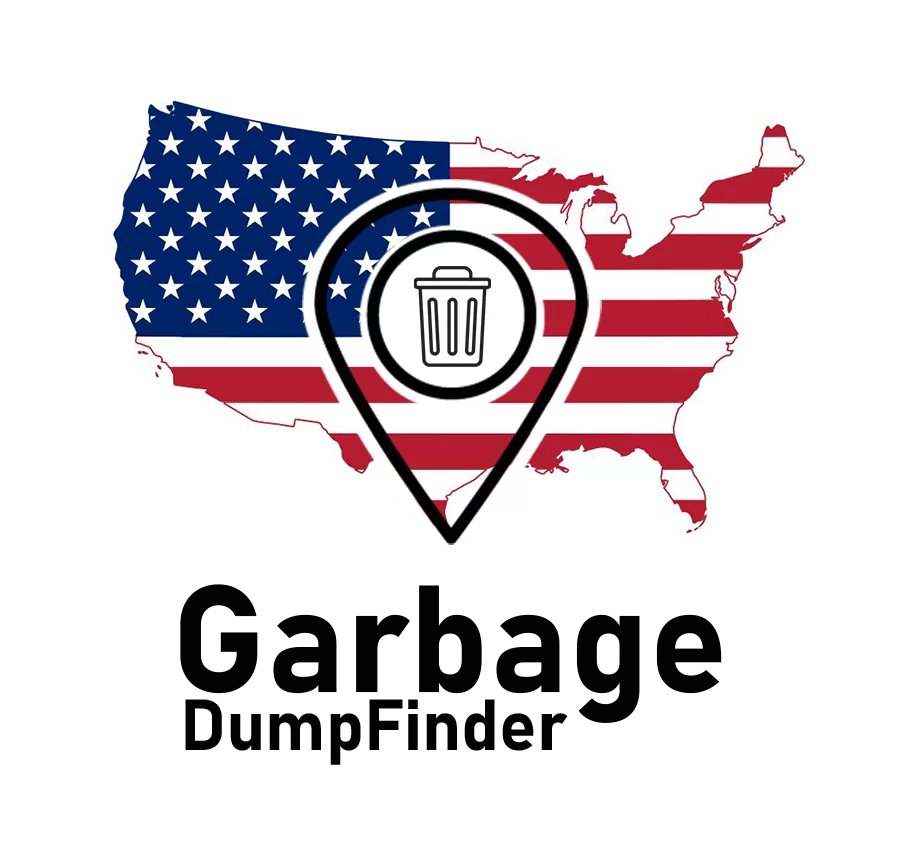Find Minnesota Dumps & Landfills Near You
America's Largest List of Dumps in Minnesota
Looking for the nearest garbage dump or landfill in Minnesota? Whether you’re in Minneapolis, St. Paul, or Duluth, we’re here to guide you to the closest facility for your waste disposal needs. Properly managing household trash, yard debris, or larger items helps keep our communities clean and environmentally safe. Let us help you find the best landfill or garbage dump near you, so we can all dispose of waste responsibly and follow local regulations.
FAQs
What types of waste can I take to a garbage dump?Garbage dumps in Minnesota generally accept household waste, yard debris, and construction materials. Electronics and hazardous waste require special disposal, so check with the facility for details on what they accept.
Is there a fee for dumping waste?Yes, most landfills and garbage dumps charge fees based on the weight or type of waste you’re disposing of. Contact the facility ahead of time for pricing information to avoid any surprises during your visit.
Can I recycle at a landfill?Many landfills in Minnesota offer recycling services for common materials like paper, glass, and metals. We recommend separating recyclables from regular trash before arriving to streamline the process.
Are businesses allowed to dispose of waste at garbage dumps?Some landfills accept commercial waste, but you’ll need to check with the specific facility. They may have additional permits or fees required for business waste disposal.
How do I dispose of old electronics?Old electronics like televisions, computers, and phones are usually not accepted at garbage dumps. Minnesota has designated e-waste recycling centers that can handle these items safely.
Can I take hazardous materials to a landfill?No, hazardous materials such as chemicals, paints, and batteries must be disposed of at special hazardous waste collection sites. These materials are not accepted at regular landfills.
Are there restrictions on vehicle types?Most landfills allow standard vehicles such as cars, trucks, and trailers. However, larger commercial vehicles may have restrictions, so it’s always best to check with the facility before visiting.

List of Minnesota Dumps
More About Minnesota Landfills
Minnesota’s approach to waste management prioritizes environmental protection while ensuring that garbage dumps and landfills operate efficiently. The Minnesota Pollution Control Agency (MPCA) oversees landfill operations to ensure that they follow strict environmental regulations. This helps reduce the impact of waste disposal on the state’s natural resources.
Residents in Minneapolis, St. Paul, and Rochester use local landfills and transfer stations for the disposal of household waste, yard debris, and construction materials. One of the largest facilities in the state is the Burnsville Sanitary Landfill, which handles both residential and commercial waste. In rural areas, residents may rely on smaller garbage dumps or regional landfills to manage their waste.
Recycling is a critical part of waste management in Minnesota. Many garbage dumps offer recycling services, allowing residents to separate items like paper, metals, and plastics from their regular waste. This reduces the amount of waste going into landfills and supports the state’s efforts to promote sustainability. Facilities like the Hennepin Recycling and Transfer Station in Minneapolis provide recycling drop-off services, making it easier for residents to participate in waste diversion efforts.
In addition to standard waste disposal and recycling, Minnesota has specific programs for handling electronic and hazardous waste. E-waste recycling centers across the state accept items such as computers, televisions, and cell phones, ensuring that they are processed responsibly. Hazardous waste, including paints, batteries, and chemicals, is collected at special events or designated collection sites to prevent contamination of landfills and the environment.
By using local garbage dumps and landfills responsibly and participating in recycling programs, we can contribute to a cleaner and healthier Minnesota.
For more information, visit the Minnesota Pollution Control Agency.
